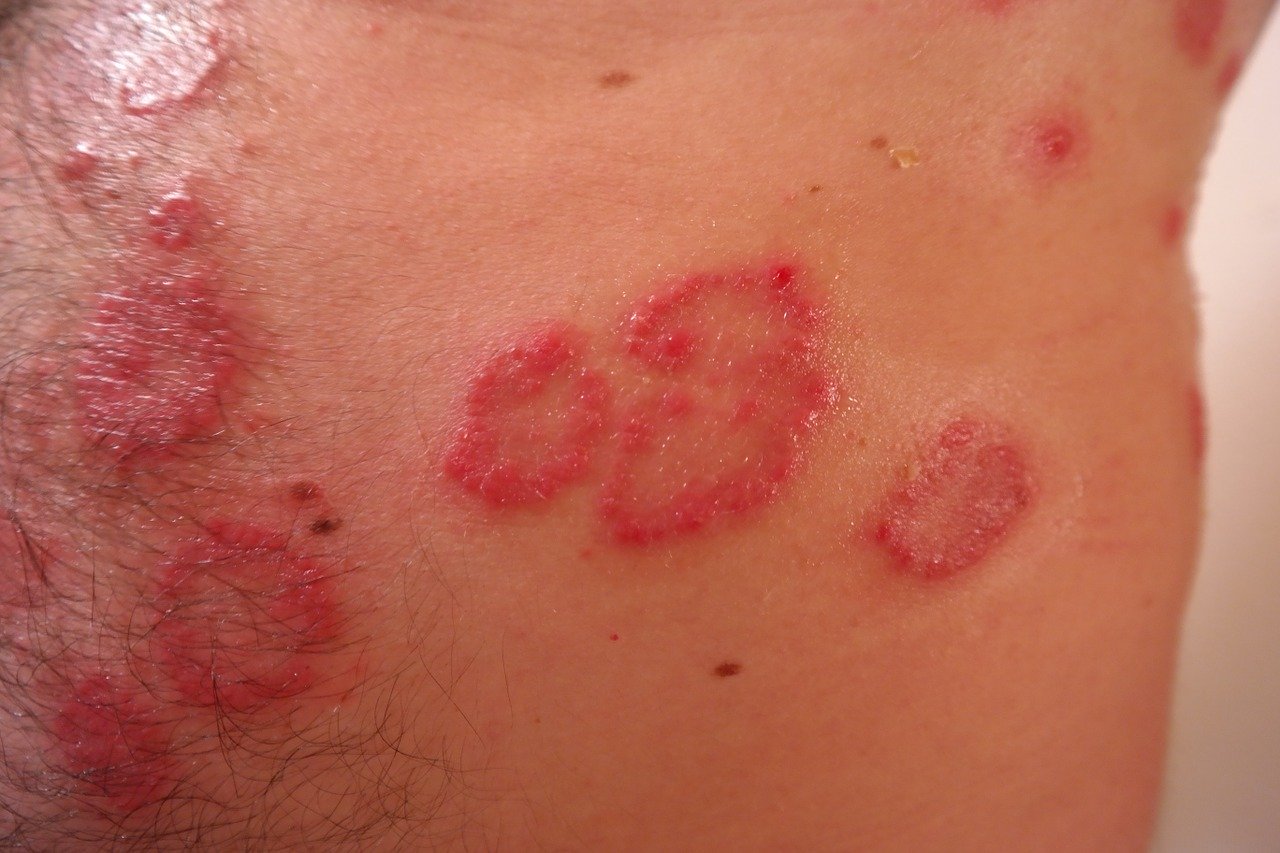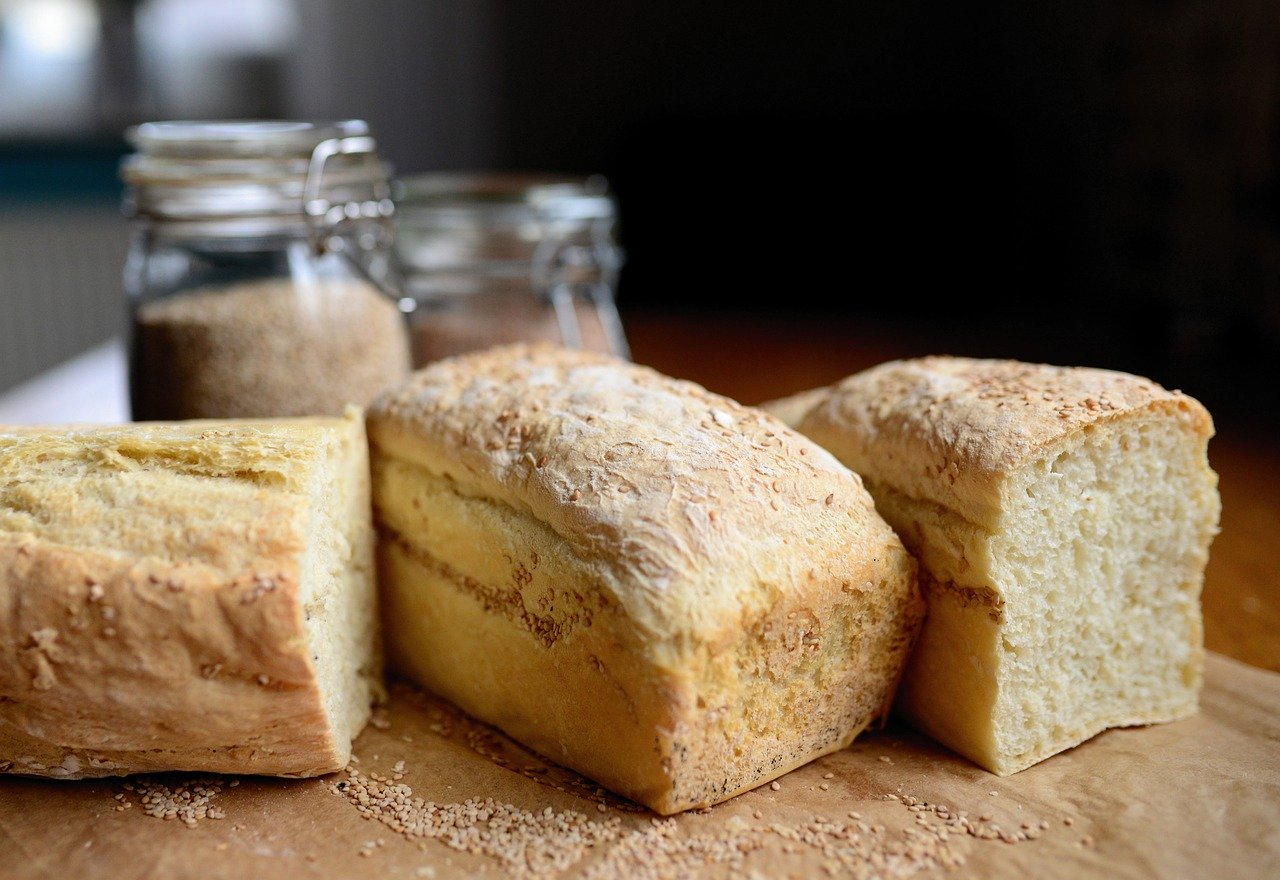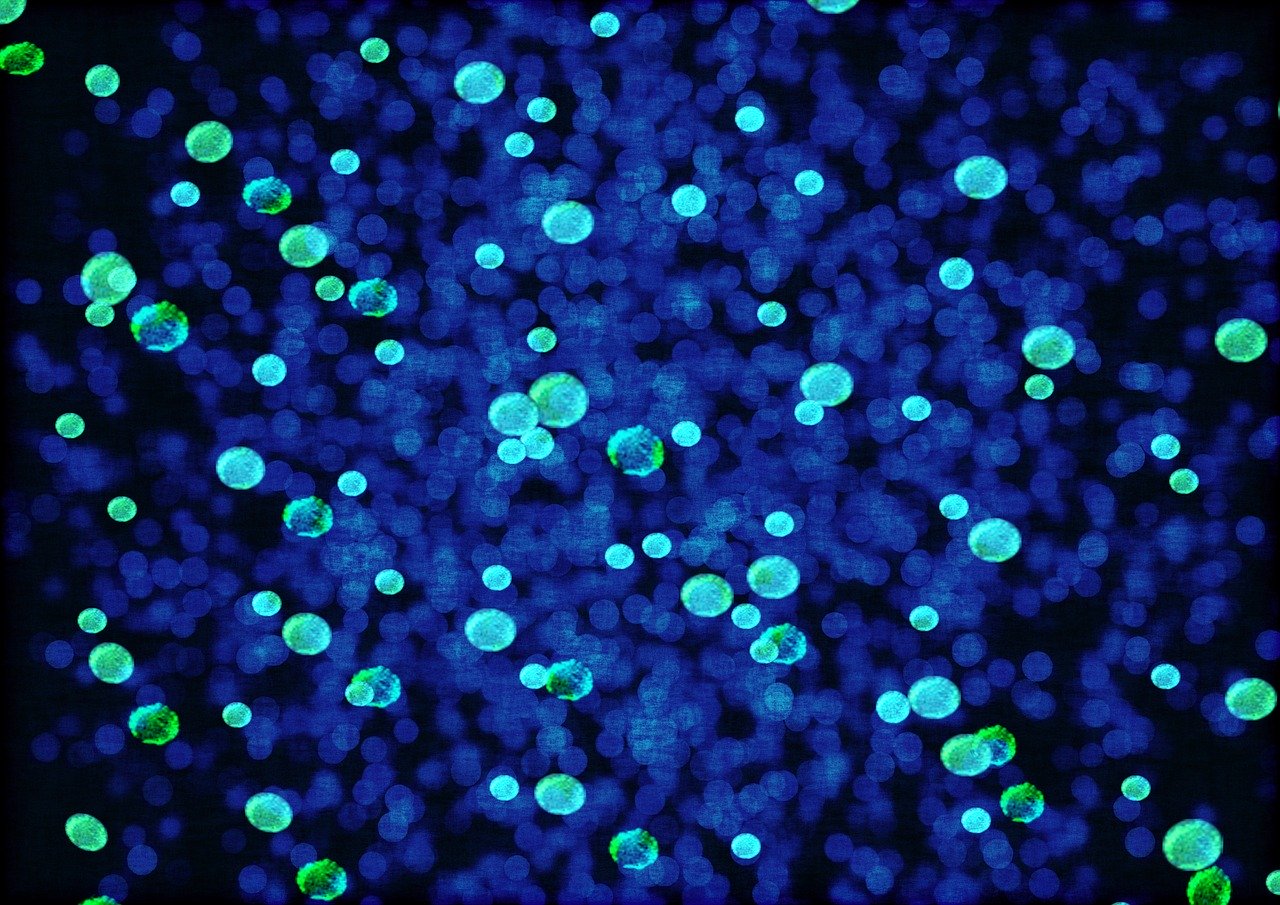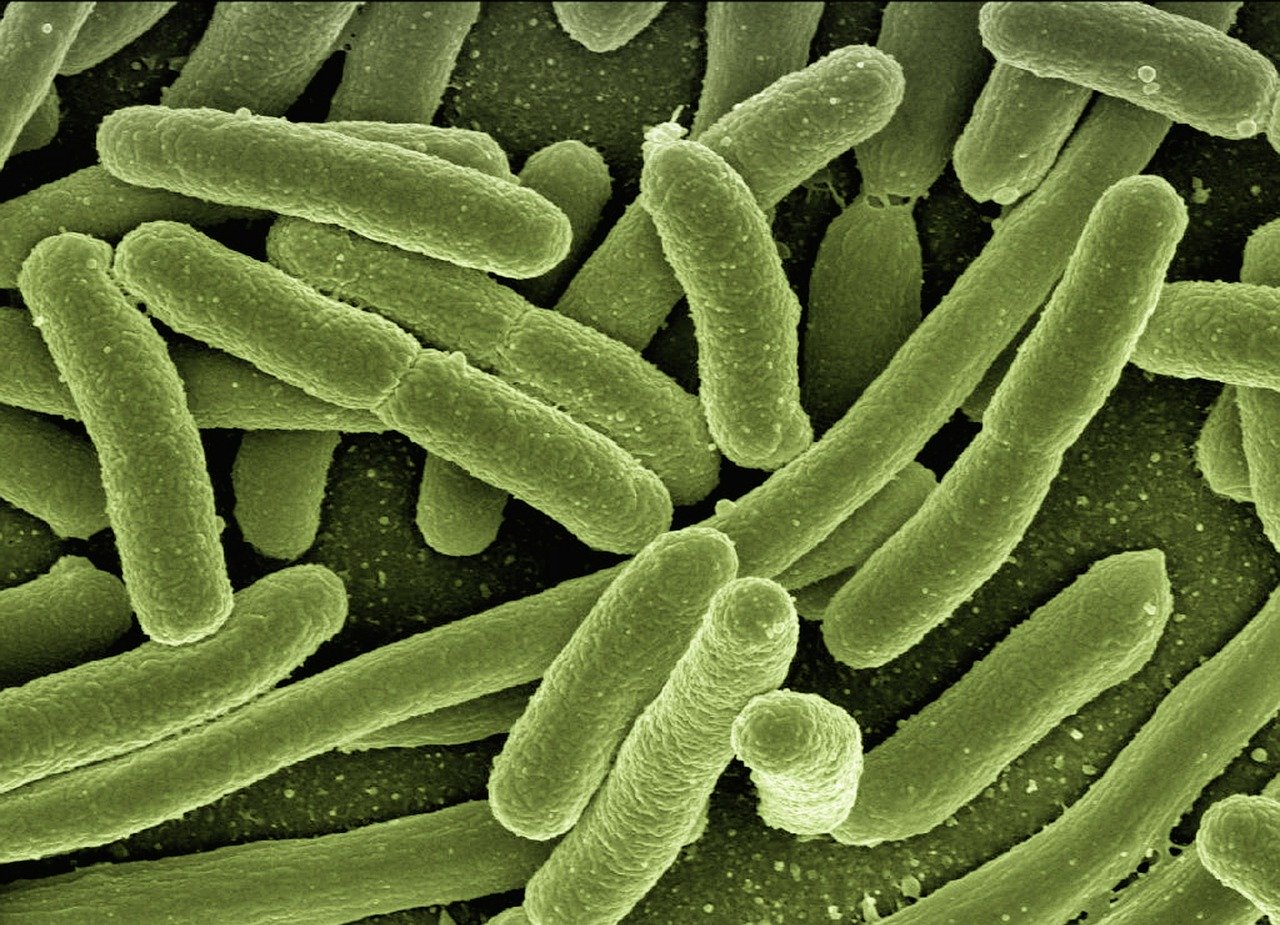In August 2018 researchers from Greece published their review of the medical scientific literature to assess the association between moderate wine consumption and health. The researchers stated that moderate wine … Read more
Environmental factors as well as the gut microbiota may strongly influence the development of psoriasis and its progression
In March 2020 researchers from Italy, USA and Serbia published their review on the interactions between the skin, microbiome, gut microbiota and psoriasis. The researchers stated that psoriasis is alternatively … Read more
Berberine supplementation may delay the development of dementia by preventing brain damage, improving cognition, and by reducing risk factors such as metabolic dysfunction, and cardiovascular, kidney and liver diseases
In March 2020 researchers from Japan, UK and Hong Kong published their review of the medical scientific literature to assess the potential of berberine as a treatment for dementia associated … Read more
Food additives are one of the factors in ultra-processed foods causing concern, for whilst some food additives can be beneficial for human health, others may alter the composition of the gut microbiota and lead to inflammation, which in turn may lead to different forms of inflammatory disease
In October 2019 researchers from Qatar published their review of the association between a Western diet and chronic diseases. A Western diet is characterised by a high intake of energy-dense … Read more
Changes in the diet may play an important role in the management of rheumatoid arthritis, with several studies showing an improvement in symptoms with diets excluding animal products
In September 2019 researchers from the USA published their review on diet and rheumatoid arthritis. Rheumatoid arthritis affects roughly 1% of the world’s population and whilst genetic factors account for … Read more
A low FODMAP diet has been recommended for inflammatory bowel disease and suggested for individuals with inflammatory bowel disease-like symptoms
In October 2019 researchers from Taiwan published their review of nutrition and diet in inflammatory bowel disease. The researchers stated that the incidence of inflammatory bowel disease has been increasing … Read more
Strategies for promoting a balanced microbiota in the elderly in order to prevent age-related physiological and immune decline need to be developed
In July 2019 researchers from Spain published the results of their study to assess age-associated changes in gut microbiota. The researchers stated that the faecal microbiota plays an important role … Read more
Specific dietary factors and dietary patterns alter the gut microbiota profile, which is an essential factor in the development and progression of obesity
In December 2019 researchers from South Korea published their review on the effect of diet on the gut microbiota and how it is associated with obesity. Obesity is described as … Read more
The faecal Bifidobacterium genus in the gut microbiota, fasting glucagon-like peptide 1, and breath hydrogen were found to be significantly higher following the consumption of white bread when compared to white rice
In September 2018 researchers from Japan published the results of their study to assess the effects of white rice and white bread on gut microbiota. A total of 7 healthy … Read more
It appears that probiotics are able to prevent antibiotic-associated diarrhoea
In February 2020 researchers from the USA published their review on how probiotics can prevent antibiotic-associated diarrhoea, which is a common side effect of antibiotic treatment. It is defined as … Read more
A vegetarian/vegan diet is effective in promoting a diverse ecosystem of beneficial bacteria to support both the human gut microbiome and overall health
In April 2019 researchers from Slovakia and the USA published a review on the effect of vegetarian and vegan diets on gut microbiota. Whilst humans are about 99.9% identical to … Read more
There appears to be an imbalance in the gut microbiome in individuals with Sjogren’s syndrome, more so than in individuals with dry eye syndrome
In February 2020 researchers from South Korea published the results of their study to assess the composition of the gut microbiome in individuals with Sjogren’s syndrome and dry eye syndrome. … Read more
A vegan/vegetarian diet when comparied to an omnivore diet does not appear to have a consistent impact on make-up of the gut microbiome but this could be due to the high variability seen in the gut microbiome
In October 2019 researchers from Germany published their review of the medical scientific literature to assess the impact of vegan or vegetarian diet on the make-up of the gut microbiome. … Read more
Lactobacillus reuteri appears to be effective in treating colic in breastfed infants
In September 2019 researchers from Croatia published their review on the role of probiotics in the treatment of the most common gastrointestinal disorders, ie infantile colic, constipation, functional abdominal pain … Read more
An imbalance in the gut microbiome may contribute to hypertension by limiting vitamin D production
In May 2019 researchers from China published the results of their study to assess the association between gut microbiota dysbiosis (an imbalance between the types of organism present in an … Read more
The Mediterranean diet is able to alter the diversity and composition of the gut bacteria
In May 2018 researchers from Spain published their study to assess the effect of certain nutrients as well as adherence to the Mediterranean diet on the gut microbiota of healthy … Read more
A Western diet reduces the diversity and composition of the gut bacteria
In May 2019 researchers from France published the results of their study to assess the association between diet and composition of gut microbiota (microbiota includes bacteria, fungi and viruses). A … Read more
The type and quantity of dietary fat may alter the gut bacteria in obese individuals with the metabolic syndrome and may increase their risk to dyslipidemia
In November 2018 researchers from Brazil published the results of their study to assess a potential relationship between gut bacterial species, metabolic syndrome and dietary intake. It is known that … Read more
A high salt content in the faecies is associated with a decreased diversity of gut bateria and a depletion in Akkermansia muciniphila and Bifidobacterium, specifically B. longum and B. adolescentis
In April 2019 researchers from France, Saudi Arabia, Mali, French Polynesia and Senegal published the results of their study to assess the ability of salt to alter the gut bacteria. … Read more
Gut microbiota is linked to vascular dysfunction and increased blood pressure in aging overweight and obese individuals independent of BMI
In June 2019 researchers from the USA published the results of their study to assess the relationship between the gut microbiota, blood pressure, and vascular function in aging overweight and … Read more




















